The following article is shared by Dr. Dang Hoang Ngan, an independent psychologist, to explain the reactions of 7th grade students in the incident of a teacher being grabbed by the hair in Hanoi , helping parents, schools, and the community understand the students' psychological state correctly instead of hastily concluding that they are "insensitive":
The images from the video show that the two students sitting right behind the student who grabbed the teacher's hair and pressed her head had a clear shock reaction: One student was startled and stepped back and covered his mouth for a long time, the other stood still and turned his face to the wall for a while. Paralysis is a very clear manifestation of shock reaction. In that paralysis, it is very difficult to make decisions to act according to the normal expectations of a person calmly observing the incident through the camera.
One boy sitting at the front of the table covered his eyes with his hands most of the time and tended to turn to the person next to him to anchor his attention. Another boy stood up, raised his hands to his eyes and looked at himself, which could also be a reaction to disengage from a stressful situation.
Even the most antithetical acts of integrity can be an outward expression of fear and paralysis. Many children observe the situation and then turn around and laugh. Some walk by without even trying to help. From the outside, these actions seem insensitive. But in adolescence, the inner life of the child can be much more vivid: “I am strong, there is no need to panic”; “That person is my friend, I like him”;...
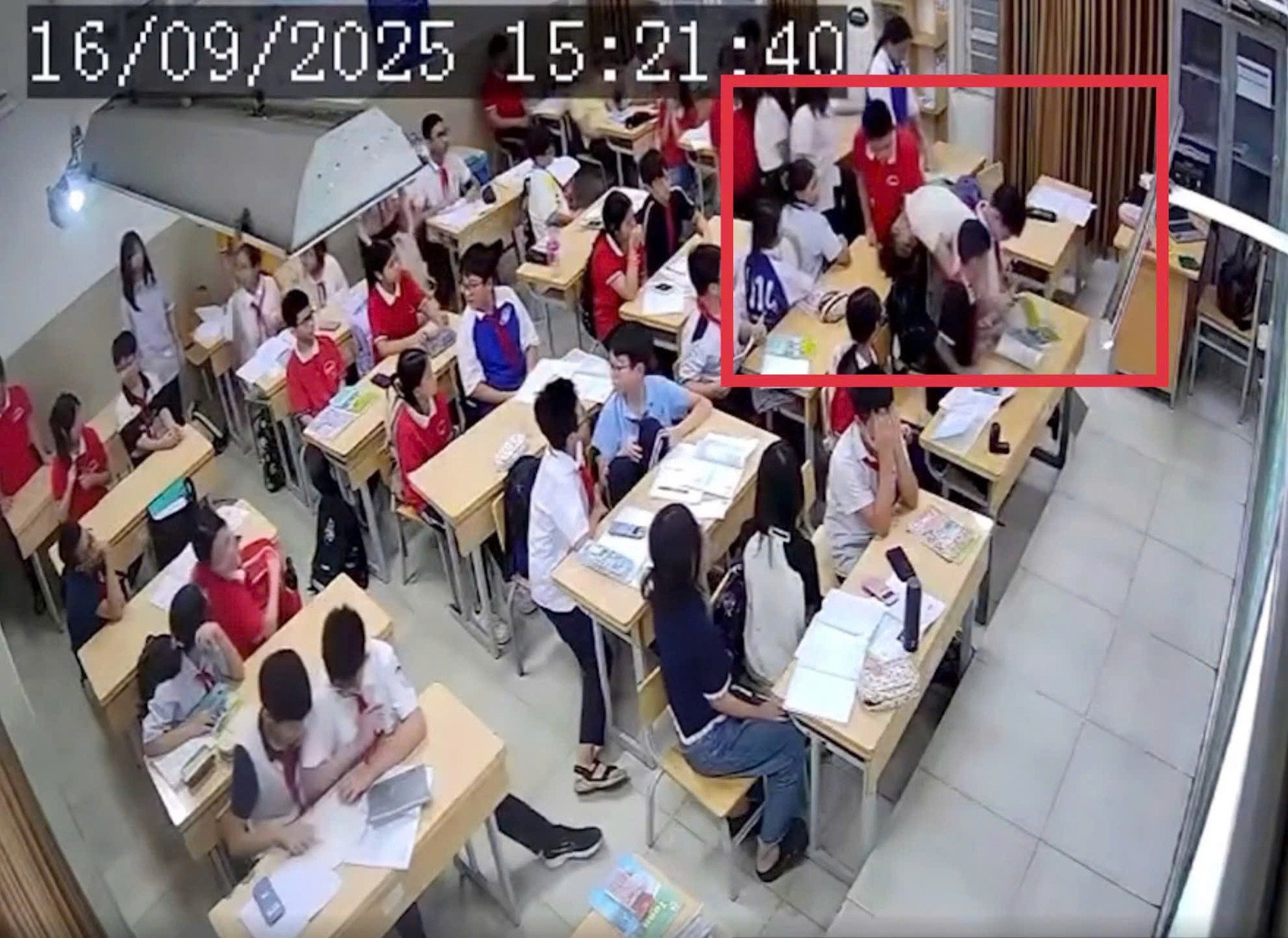
Then the classroom curtain is drawn. When the curtain is drawn, shame arises. But the children do not know or only repeat what adults have seen when dealing with shame: Cover it up, rather than look deeply into it to find ways to help and improve.
Using the word “apathetic” is a simplification of the complexities of their experience. It’s not just the disconnection or helplessness in the face of an unexpected situation, but also the lack of adult problem-solving role models (in many other social settings) and the lack of belief in what is right and kind.
I believe that you are not emotionless but are suffering a lot, stuck with your own emotions and not yet able to describe your emotions.
I have that belief because I have witnessed a shocking event at a very close distance. Back then, when I was 16 years old, on a bus, the driver stopped the bus and jumped out to slap two high school girls because he thought the group of students were being too noisy.
Many people on the bus, both students and working people, were silent in a suffocating atmosphere. I was also paralyzed, only bursting into tears when I saw that one of the two female students was my gentle best friend. Although we later filed a complaint together, the emotional trauma still haunted me for many years, with feelings of self-blame and self-doubt.
It was only later that I realized that what we think we can do when we watch on a screen or hear about it is very different from what we actually do when the situation arises.
Back to the incident of the 7th grade students recently, hopefully the psychological care is not only for the two main characters.
I hope that the teacher will not be pressured by the moral pressure of being a teacher and the praise of humanity, urging forgiveness. She may choose to prioritize the standards expected of teachers over the natural needs of someone who has just experienced injustice. It is a difficult rational choice. But I hope that the teacher will not force herself to be forgiving and noble in her own emotions. She needs to be respected for the process of emotional vulnerability and gradually make sense of the ambiguous feelings she is experiencing: the self-doubt about her position as a teacher, the guilt of having done something wrong and not receiving protection, the feeling of loneliness among children who are probably also ambiguous about the emotional experience.

It is hoped that the student who has misbehaved will be accompanied in a process of gradually resolving his or her internal conflicts and truly reflecting on the events that have occurred. However, education requires that the wrongdoer be held accountable for his or her actions to the highest possible level of understanding.
Hopefully, the students who witnessed this will not be forgotten. Those who showed shock were the ones who were able to articulate what they had endured. Those whose outward behavior seemed numb need guidance in reconnecting with their inner selves. But those who had some unnamed emotions but were safe enough to be numb, without psychological care, may well be left with confusion and doubt about themselves and their lives.
Hopefully, when we adults ask our children questions like: "Why didn't you intervene when you saw that?", "Should we call an adult?", "Why did you pull the curtain?", we really ask to understand and listen enough so that they can gradually open up: "Because that friend is big and holding a knife, I'm scared", "Because I like that friend", "Because I think children need to be protected, and teachers are adults", "Because I'm afraid of losing points in the class competition", "Because I want my friends to see me as a cool person, not affected by big things", "I don't know, I couldn't think of anything at that time"...
These words of confession are a condensation of the complex process that the children have gone through. If not listened to and interpreted, the condensation will be confined to the vague feeling and rational belief of the confession itself. The complexity of the emotions is much more vivid, even difficult to bear even for an adult in a direct witness position. Therefore, that complexity needs to be conveyed in words.
I also hope that schools and families do not think that the matter can be resolved only through administrative efforts with several parties. Attention and companionship with each new experience is the foundation for education to fulfill its mission.
The case of a 7th grade student pulling a teacher's hair and pressing his head in Hanoi
'When the student grabbed the teacher's hair and pressed her head, she asked the whole class to sit still'
September 20, 2025Principal speaks out about student pulling teacher's hair and pressing her head
September 21, 2025The case of a student 'pulling a teacher's hair and pressing her head' is serious and must be handled fairly.
September 19, 2025Source: https://vietnamnet.vn/cac-em-hoc-sinh-lop-7-trong-vu-co-giao-bi-tum-toc-khong-vo-cam-2444713.html


![[Photo] General Secretary To Lam presents the First Class Labor Medal to the Vietnam National Energy and Industry Group](https://vphoto.vietnam.vn/thumb/1200x675/vietnam/resource/IMAGE/2025/9/21/0ad2d50e1c274a55a3736500c5f262e5)










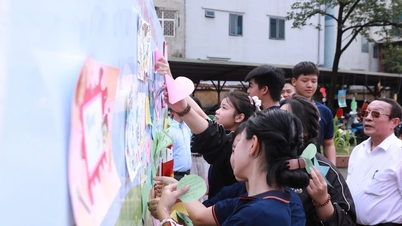



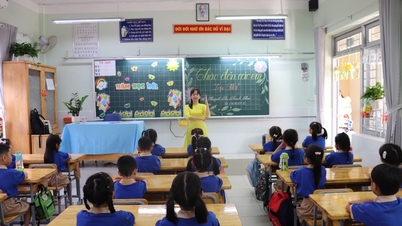




















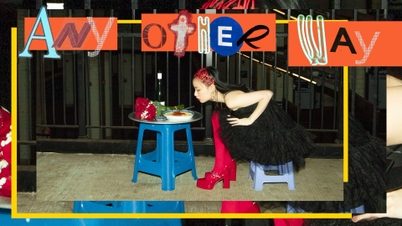

![[Photo] General Secretary To Lam attends the 50th anniversary of the founding of the Vietnam National Industry and Energy Group](https://vphoto.vietnam.vn/thumb/1200x675/vietnam/resource/IMAGE/2025/9/21/bb0920727d8f437887016d196b350dbf)
































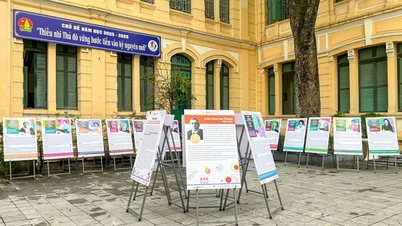





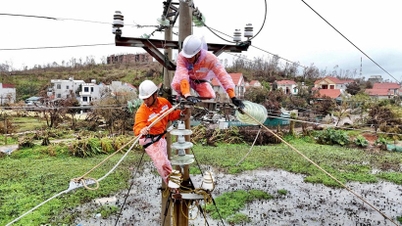





















Comment (0)